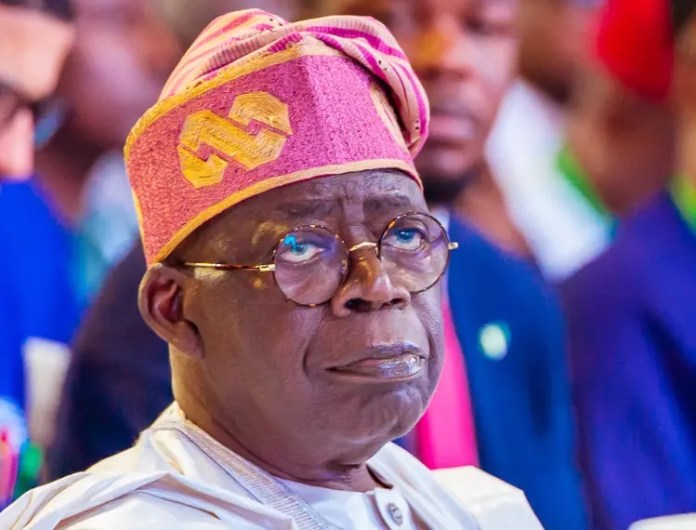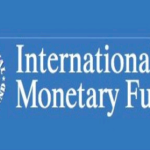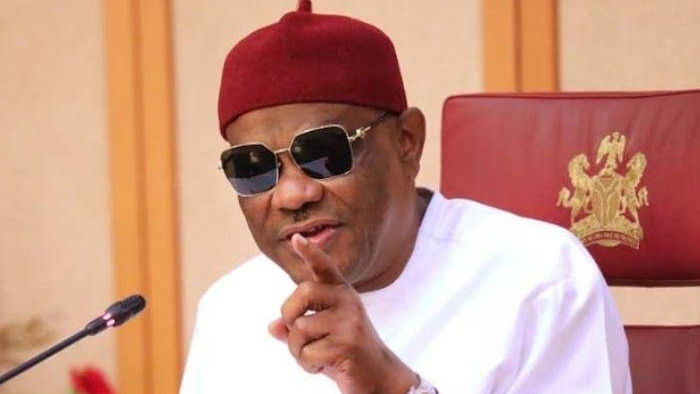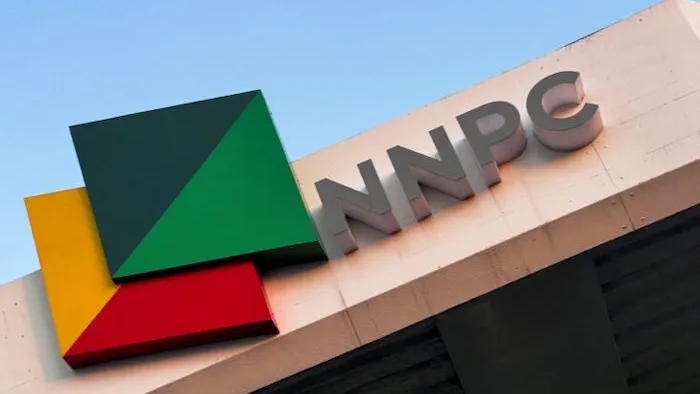-
The World Bank has criticized Nigeria’s 2025 federal budget, labeling it overly ambitious and warning that revenue shortfalls might force the government to resort to the Central Bank’s Ways and Means facility.
-
The budget assumes a crude oil price benchmark of $75 per barrel and oil production of 2.06 million barrels per day.
The World Bank has expressed skepticism about Nigeria’s 2025 federal budget, warning that the government’s revenue targets may be unrealistic.
The budget, which was signed into law by President Bola Tinubu, projects a deficit of N13.08 trillion and assumes a crude oil price benchmark of $75 per barrel and oil production of 2.06 million barrels per day.
“It’s a very ambitious budget… it looks like it’s going to be pretty hard to meet some of the ambitious revenue targets,” said Alex Sienaert, the World Bank’s Lead Economist for Nigeria. He noted that current oil production is closer to 1.6 million barrels per day, not the budgeted 2.06 million.
ATTENTION: Click “HERE” to join our WhatsApp group and receive News updates directly on your WhatsApp!
Sienaert also highlighted uncertainties around revenue from the removal of the petrol subsidy and a planned windfall tax on foreign exchange gains, which could weaken government revenue.
“Failure to meet revenue targets might force the FG to increase borrowing or resort to deficit monetisation via the CBN’s Ways and Means facility, a move that could disrupt Nigeria’s fragile macroeconomic recovery.”
READ ALSO: Tinubu urges Qatar to support Nigeria’s fight against poverty
Despite these warnings, the Federal Government defends the budget’s assumptions as modest and achievable. “Nigeria has the capacity to produce over 2.3 million barrels per day and the premium quality of its crude oil,” said Senator Abubakar Bagudu, Minister of Budget and Economic Planning.
The World Bank also urged the government to eliminate the electricity subsidy, describing it as a “wasteful and regressive policy.”
The bank called for enhanced fiscal transparency, improved governance, and sustained reforms to support Nigeria’s goal of becoming a $1 trillion economy by 2030.


















Leave a comment